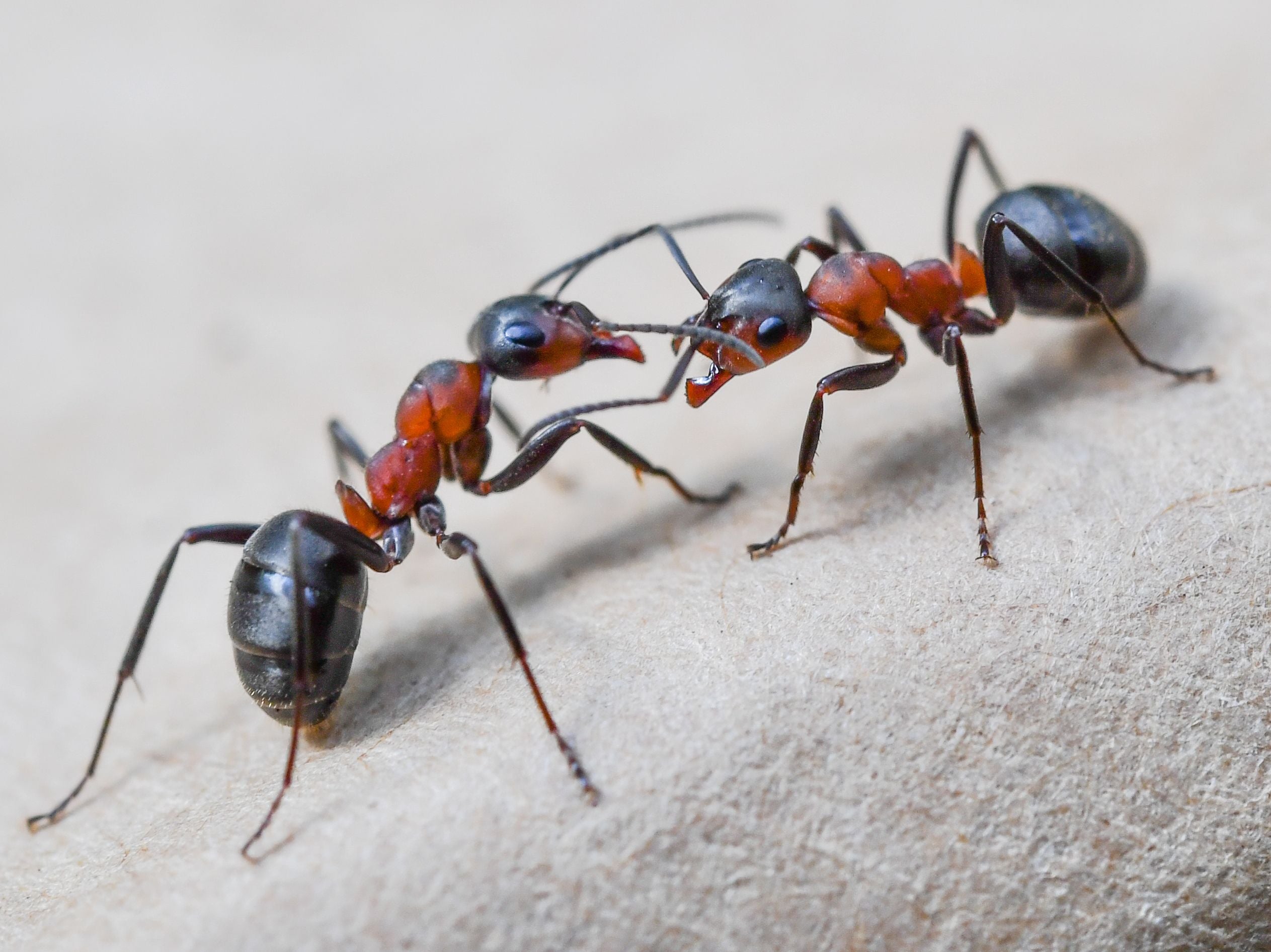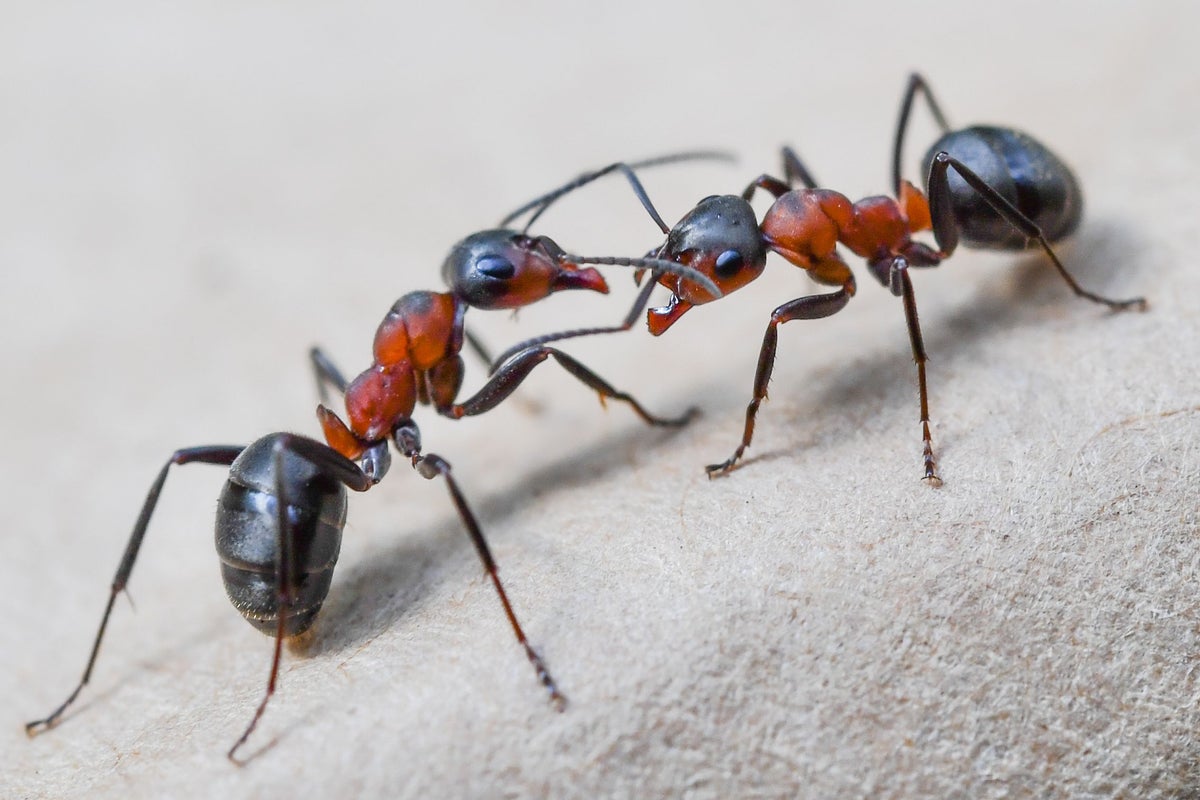The smuggling of ants and other insects in the U.S. could be on the rise due to recent cuts to the USDA under the Trump administration, a new report says.
The Department of Government Efficiency, the agency once led by billionaire Elon Musk, issued widespread layoffs and buyouts to federal employees this spring. This impacted several members of the USDA’s Animal and Plant Health Inspection Service, which helps restrict the smuggling of invertebrates like ants, Wired reports. While some of those staff were later rehired, other positions have remained vacant, according to the outlet.
These cuts have alarmed experts, and sources familiar with the industry say ant smugglers have been emboldened by the recent cuts under the Trump administration, according to Wired.
“It’s getting out of hand,” one ant seller said. “They realize the U.S. market is a gold mine.”
Some members of the ant-selling community also told Wired that the process to sell ants legally has become harder, which in turn is contributing to an uptick in illegal sales.
“Smuggling ants hasn’t gotten easier from the cuts to federal services, trading ants across state borders legally has gotten harder,” one former black market ant seller told Wired.
This could pose a problem because invasive ants can have devastating impacts on the environment.
In Florida, millions of tawny crazy ants — an invasive species from South America — are forming super colonies and driving out local wildlife, the Herald-Tribune reports. The ants are also invading residents’ homes and damaging electrical equipment.

Areas of the southeast U.S. also saw an increase in invasive Asian needle ants this summer. The venomous species has been found in the U.S. for 90 years, but its population exploded recently. A single sting can send someone to the hospital with life-threatening symptoms.
Some experts say they’re concerned about cuts to infrastructure that detects and prevents invasive species.
“There’s been a lot of cutting of the inspectors as part of the quote-unquote ‘efficiency’ moves from the government recently,” Chris Stelzig, executive director of the Entomological Society of America, told Wired. “A reduced infrastructure to detect invasive species can be problematic.”
However, this isn’t an entirely new problem. Retired USDA entomologist Carlos Blanco told Wired there were enforcement problems even before the DOGE cuts, too.
Armando Rosario-Lebrón, the former co-chair of the Federal Interagency Committee on Invasive Terrestrial Animals and Pathogens, told Wired that the “illegal market rapidly has become much more aggressive because of the lack of enforcement.”
“The invasiveness potential is off the charts,” he added. “It’s just ridiculous.”
USDA spokesperson Heather Curlett told Wired that the agency has the “same number of entomology staff within the pest permitting unit as we did before” and that the agency’s enforcement of federal plant pest regulations “has not changed or diminished.”
“We work to address all instances of noncompliance both from permit holders who fail to follow the terms and conditions of their permits and those who move plant pests without obtaining the proper permits,” Curlett added.
The Independent has contacted the USDA for comment.


